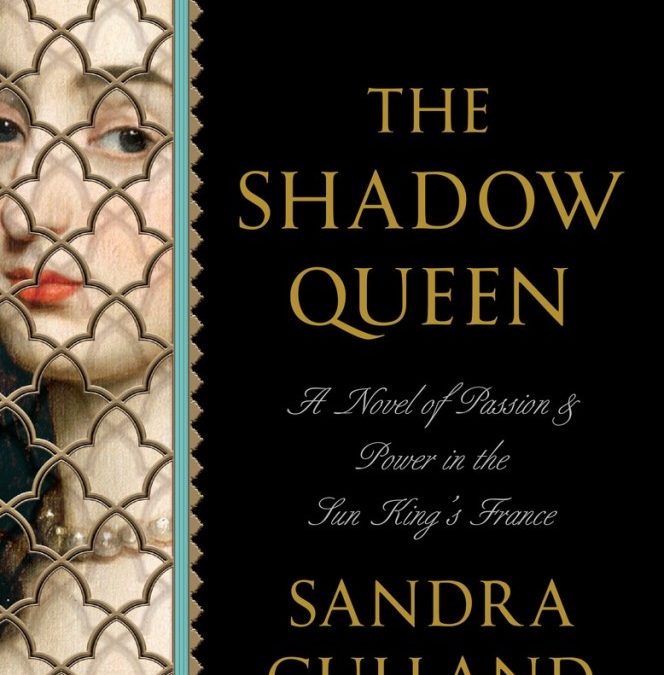
by Sandra Gulland | Mar 30, 2018 | Publication, Questions Readers Ask, Resources for Book Clubs, Resources for Readers, The Shadow Queen |
A significant number of early reviewers of my new novel THE SHADOW QUEEN have expressed displeasure with the title; they feel it is misleading. They expected the novel to be the story of the Sun King’s official mistress, Athénaïs, Madame de Montespan, a position often referred to as “the shadow queen.” The title led readers to believe that they were going to get one story, when in fact they got another. I apologize if they feel that they were mislead.
These readers were responding to the Advance Readers’ Copies (“ARCs”) of the novel. The hardcover, with cover-flap copy, will make it clearer what, in fact, the story is about, and I hope that this will dispel some of the confusion.
Why that title?
But to address the concerns of some of my readers: Why have I titled this novel The Shadow Queen?
The main character of the novel is Claude des Oeillets (dit Claudette), an impoverished young woman from the world of the theatre. Socially scorned and denounced by the church, she lives on the fringes of society. As well, as the daughter of a theatrical star, she exists in her mother’s shadow.
In contrast, Athénaïs, Madame de Montespan, lives at the heart of high society. She becomes Claudette’s obsessive passion, seeing in her a perfect life, a life without hunger and fear, a life of ease and beauty. Everything Claudette’s life is not.
The novel is about many things, but at its core is the relationship between these two woman, Claudette and Athénaïs, who are close in age and share many of the same interests, yet are worlds apart. In the end, they become dependent upon one-another. Claudette, as Athénaïs’s devoted and even start-struck servant, is willing to do anything for her—up to a point.
And it’s at that point that Claudette must step out of the shadows—and into the light of her own life.
Over the five years I was writing this novel, I considered many, many titles. In the end, I was very happy with the title The Shadow Queen, a title enthusiastically embraced by a group of 50 writers, a number of whom had read the novel and felt that it was appropriate.
I am touched by the passionate concern of my readers, even when critical. Of course I have been both surprised and disquieted that some have objected. I personally feel that the title The Shadow Queen captures the spirit of this story on a number of levels. Claudette exists in the shadow of her mother, a drama queen. When she joins Athénäis at court, she becomes her shadow, the shadow of the official “Shadow Queen.” And, although the story is very much about the ever-fascinating Athénäis—as well as about Claudette’s obsession with her and all that she represents—it’s really a metaphorical title, more than a literal one.
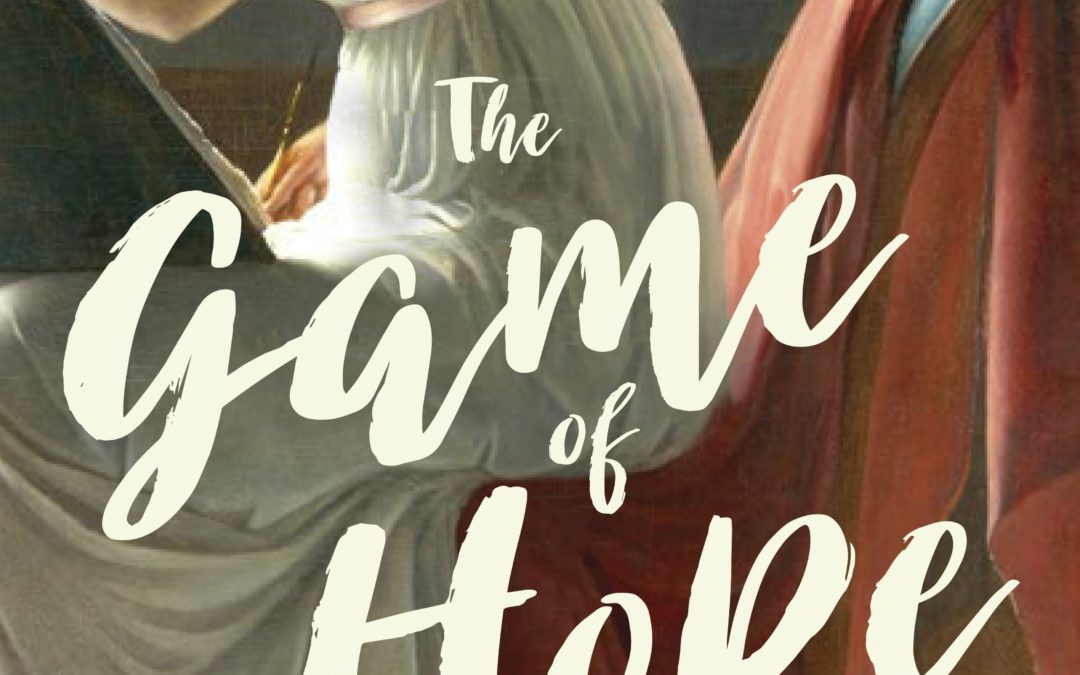
by Sandra Gulland | Jan 30, 2018 | Adventures of a Writing Life |
I was thrilled to read this lovely review of The Game of Hope on Net Galley. Here are some quotes:
Sandra Gulland demonstrates a masterful grasp that she has on history in her book The Game of Hope. While some authors struggle to convince their audience that they are educated in history and to fully immerse their readers in their story, Gulland has no problem displaying her understanding of post-revolution France and therefore invites her readers into a well-developed universe of Hortense de Beauharnais.
This book is well written for younger audiences of teenage girls, connecting them to the past with common issues that all preteen girls face in a timeless fashion. Gulland does not pump Hortense’s 1780 mind full of 2017 ideas, which is a genuinely refreshing change to the typical YA historical novel.
… for most preteen girls, this is still a wonderful introduction to history through the eyes of someone just like them, who truly lived, breathed, thought and felt in the same ways that they do.
How to get a copy for yourself
Should you wish to read The Game of Hope, you can request a copy on Net Galley in exchange for a review:
(My apologies: earlier I had posted that a copy of the book would be free. Well, that is true, it would be free, but it’s up to the publisher to decide who will receive the free copies, and I don’t know what their criterion is. I’m sorry if I dashed your hopes. I was fairly excited about it myself.)
But if, by hook or by crook, you do get a copy of The Game of Hope, and if you love it, I would really appreciate if you would post the review on Amazon and/or Goodreads. Reviews on these sites really matter, especially before a book is actually published.
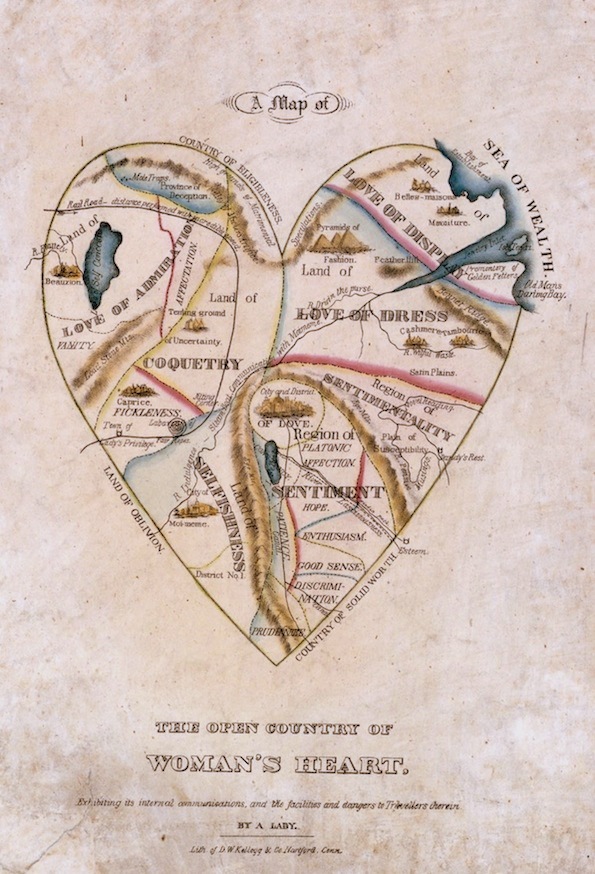

 SaveSaveSaveSaveSaveSave
SaveSaveSaveSaveSaveSave
I wanted to simply put hearts at the end of this blog post in response to my request for posting reviews (it’s never easy for me to ask), but I couldn’t resist looking for something historical. This is a 19th-century map of a woman’s heart. I like that it’s described as “open country.” (I wonder what such a “map” would look like today.)
More anon … and here come those hearts!

SaveSave
SaveSave
SaveSave
SaveSave
SaveSave
SaveSave
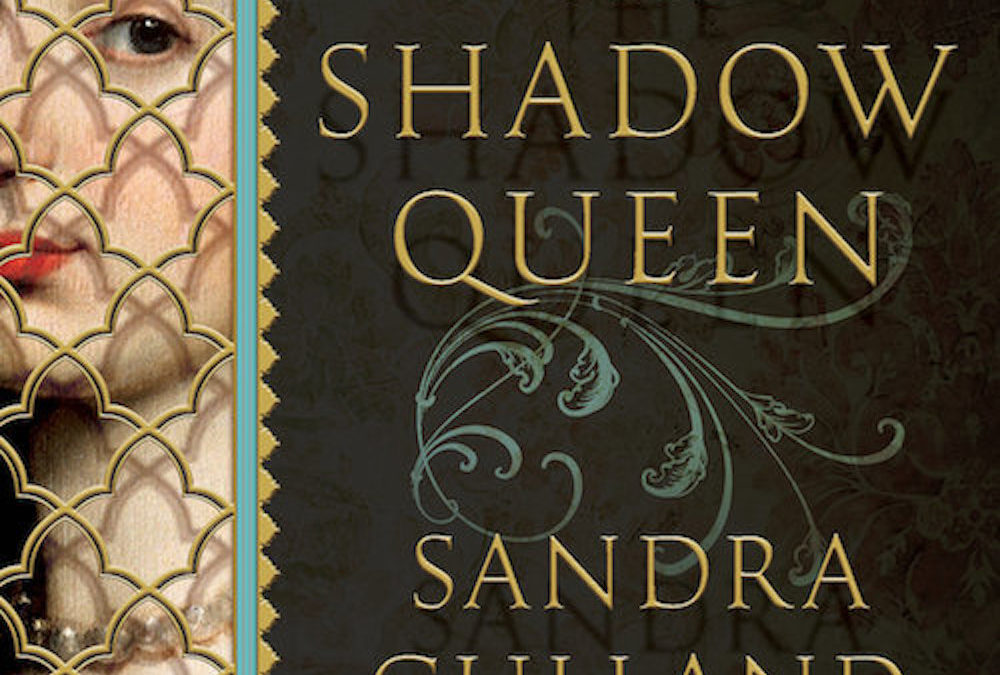
by Sandra Gulland | May 10, 2014 | Adventures of a Writing Life, The Shadow Queen |
There are some wonderful reviews of The Shadow Queen on Amazon and Goodreads. Here is a quote from one review I like very much, by “Curtis” (otherwise known to me as @gariovich on Twitter):
Athénaïs wields such power over the king that she is referred to as The Shadow Queen. Some may think that the title of this novel is a reference to this, but I would argue the title refers to Claudette. She is the true queen of the novel. She emerges from a life riddled with strife to one of self-determination. In the end, it is Claudette who has emerged from the shadows of poverty and disadvantage to reign over her own destiny.
I especially like this because early reviews took exception to the title. Now reviewers are interpreting the title less literally, which is how it is intended. (I have written about the title here.)
A few review quotes:
JustOneMoreChapter.com: “I adored The Shadow Queen right from the first page.”
I had the unexpected pleasure of meeting Margaret, the reviewer, at one of my readings.
A bookish affair: “My fellow historical fiction fans will eat it up!”
Trudy Morgan-Cole at Compulsive Overreader: “While the glimpses of court life are intriguing and, as always with Gulland, beautifully drawn, what really fascinated me in this book is the theatre world.”
I’ve been very pleased by the number of readers who love the theatre world of The Shadow Queen.
This post is going on too long … . As Mark Twain famously said, “If I had had more time, I would have written a shorter letter.”
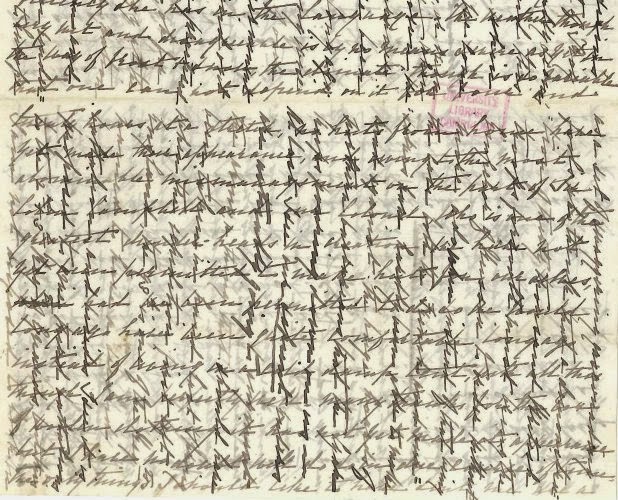
I learned today that in Jane Austen’s England, the receiver of the letter paid according to how many pages the letter was, as well as by how far it had travelled. People put a very great deal onto one page by “cross” writing.
Imagine writing a novel this way … Actually, that rather fits.
Happy Mother’s day, one and all. May there be the gift of time for reading in your day.
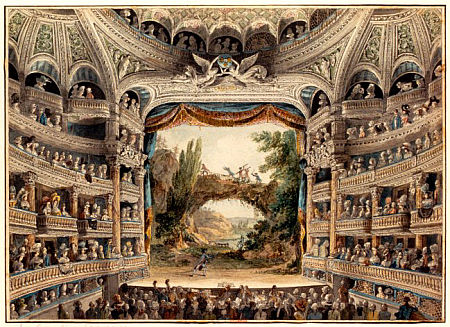
by Sandra Gulland | Apr 5, 2014 | Adventures of a Writing Life, The Shadow Queen |
Perhaps one of the most heartening things for an author is when one’s work is understood. This review (see the link in @leaflette’s Tweet below) brought tears to my eyes.
I especially liked this from Leeanna’s review:
THE SHADOW QUEEN had just the right amount of historical detail to for me to perfectly imagine Claudette’s world, from the theatre to court. I’ve never had an interest in French plays or the history of them, but now I do, thanks to reading this book. Claudette’s parents are both actors, and so the beginning “acts” of the book take place in the theatre world. It was pretty cool to find out how plays were staged back then. Also, when Claudette moves to court, to be Athénaïs’ maid and companion, it was easy to draw allusions between both false worlds.
Thank you so much, Leeanna, whoever and wherever you are.
From the This ‘n That Department:
Have you noticed my new website design? I am very pleased.
Why I’ve been silent: so much to do. I am 4 days from pub date (OMG) and 6 days from heading north to Canada. (Yikes!)
My first event will be at the North Shore Writers Festival on Saturday, April 12, 2:30-3:30pm: Enlivening the Past, historical fiction writers’ panel featuring authors Sandra Gulland, Daniel Kalla, Mary Novik, and Roberta Rich is moderated by Jen Sookfong Lee. I am stoked to be seeing Roberta again, and am very much looking forward to meeting Daniel, Jen, and—especially, Mary, who I’ve long admired from afar.
If you haven’t signed up for my newsletter, be sure to do so now. (http://www.sandragulland.com/contacts/) With every newsletter, a subscriber wins a book. (I’m loving doing this.)
I was a bit over the moon that Flipboard mentioned my magazine in a Tweet:
The subscription has increased by over 500 already.
And last, another Tweet I loved:
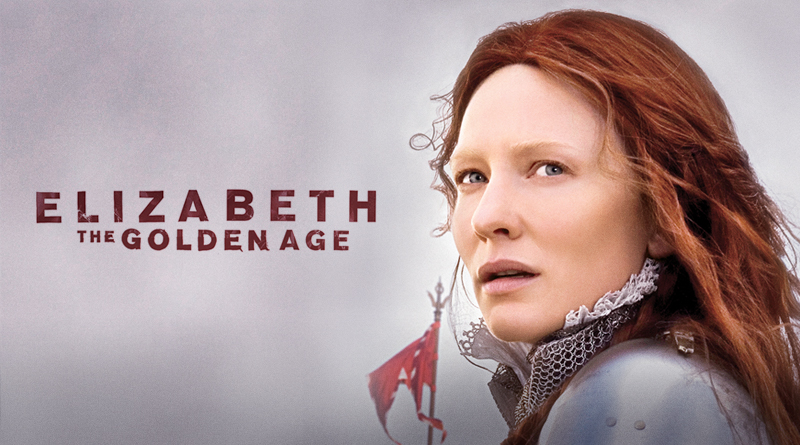
by Sandra Gulland | Apr 1, 2008 | Baroque Explorations |
We went to see Elizabeth last night, and we are glad we did. We may even buy the DVD, to have it at home to watch again. The costuming was spectacular, Cate Blanchett brilliant, the settings and photography fantastic. The script was rarely banal and had some nice subtle touches. But…
But as a researcher into history I had quibbles, the greatest being the portrayal of the Protestants as embracers of individualism and light, and Catholics as in the Dark Ages. They had to delineate the good and the bad in true Hollywood fashion, and the movie is, after all, the story of the war of Catholic Spain against Protestant England, and of course Protestant Elizabeth is the movie’s heroine. But my personal impression is that the Protestants were the extremists: no dancing, no festivals, even the celebration of Christmas was outlawed for a time. No frivolity whatsoever. Clothing had to be sober, and in dark colours. Everything so serious. In a Protestant church, the women sat separate from the men and the ministers preached covered.
So that’s my main quibble, making Catholics out to be so terribly cult-like and evil. Another is that the men and women were so often alone: this would have been highly unlikely. The scene of Elizabeth and Sir Walter sitting on the floor together drinking wine was hard to believe. I think proprieties would have been observed. Also, was it true that the men picked the women up from the crotch in dancing Minor things: no bonnet at bedtime. Men jumping overboard to save their lives: surely they would have been jumping to a certain death. Etc. etc. etc.
But other than that, a wonderful movie, a wonderful Hollywood movie.





 Save
Save




